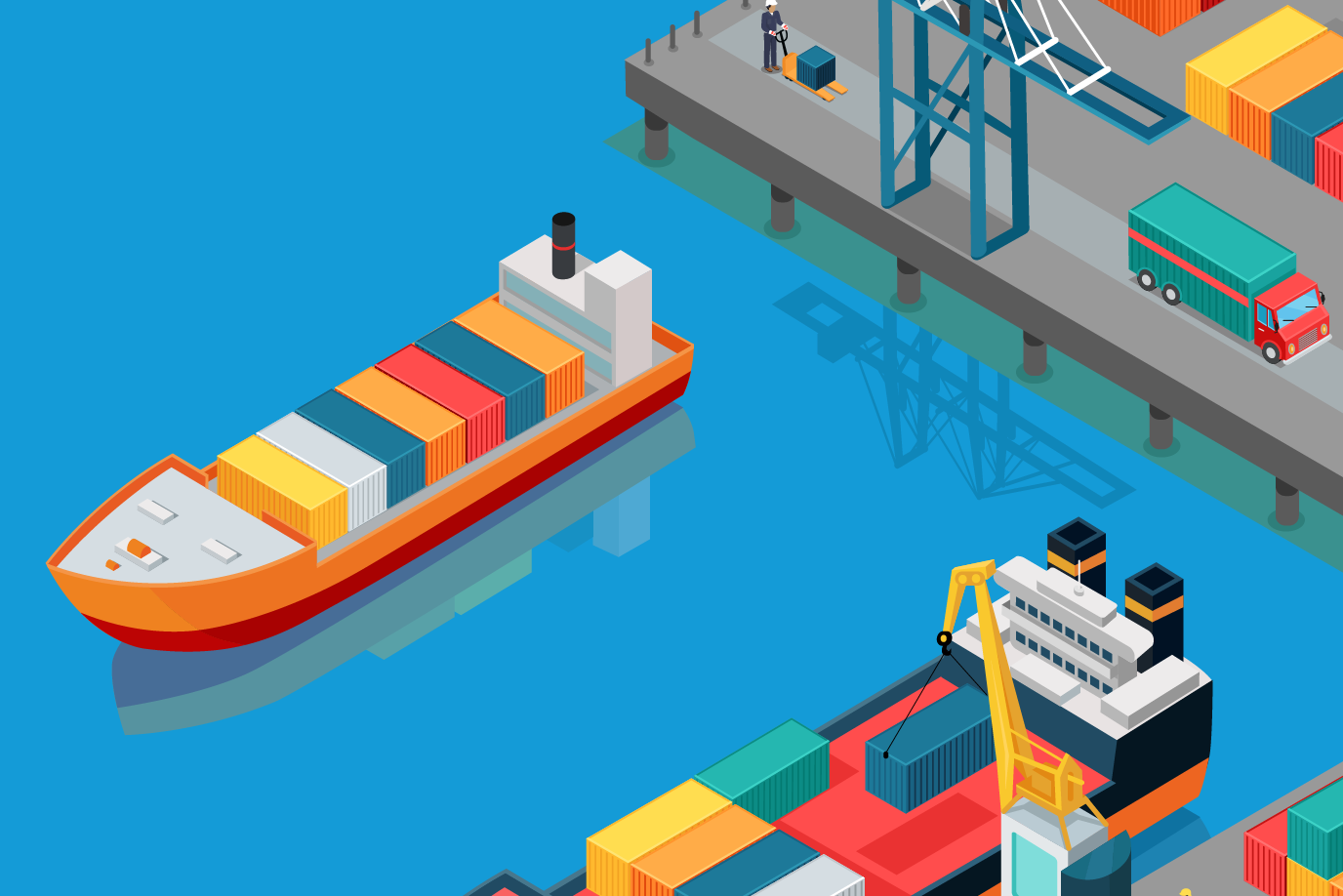An area renowned for its natural beauty and ecological diversity, the Niger Delta Basin of the Gulf of Guinea is also home to frequent pirate activity, with groups often aiming to kidnap crew members and demand ransoms for their safe return.
The incident
In this case, a tanker was targeted by a piracy group in the area. Despite having a freeboard of 8.5 metres, the pirates scaled and boarded the vessel in 45 seconds. Higher freeboards are perceived as safer and harder to board, but even vessels with freeboards of 10 metres or more have been successfully boarded by pirates, increasing the likelihood of a kidnap and ransom incident for ships in piracy hotspots.
Upon being boarded, crew members are trained to head straight to the safest part of the vessel: the citadel, a secure area on the ship equipped with all the necessary items for survival, including means to communicate with the authorities. When the alarm was sounded, the tanker’s crew headed for the citadel. Nine crew members reached the citadel, while six were unfortunately captured by the pirates. The piracy group took the captured crew off the vessel, before holding them in hidden camps throughout the Niger Delta jungle.
How the policy responds
In the citadel, the tanker crew contacted the vessel owner, informing them of the perilous situation. Since they had taken out a marine kidnap and ransom policy with CFC, the owner used our 24/7 crisis hotline to contact our incident response consultants.
On top of reimbursing any ransom paid, the policy also provides a wide range of cover including, but not limited to, bodily injury, public relations costs and legal liability, as well as 24/7 access to expert global incident response consultants.
Upon taking the call, the incident responder provided immediate advice to the insured. The responder was then deployed to the insured’s head office to handle the response in person, ensuring the process went smoothly and swiftly.
The outcome
In the immediate aftermath of the event, the vessel was secured. The crew housed in the citadel were released, debriefed and sent home, with a new crew dispatched to man the vessel on its onward journey.
Meanwhile CFC engaged a specialist team to manage negotiations with the piracy group, the negotiation process taking 15 days. Ransom negotiations can be complex, lengthy and extremely delicate, and should be carried out by an experienced professional. Otherwise it’s easy to aggravate the threat actor, sending the kidnap victims into further jeopardy or further raising the ransom price. In this case the specialist team managed to agree a ransom amount, which was paid initially by the vessel owner before CFC reimbursed them for the full amount.
After 17 days the kidnapped crew members were safely recovered, being met in-person by a member of the incident response team. Following extensive enquiries from local authorities, they were released and returned home, with all related costs covered under the tanker owner’s CFC marine kidnap and ransom policy.
Following the safe return of the kidnapped crew, it transpired that one individual had contracted malaria during the incident. The disease led to complications for the crew member which resulted in hospitalisation and additional medical fees. The CFC policy covered this circumstance under the extended personal accident benefit section of the policy, which guarantees that victims receive appropriate support.
Fleet and ship owners face a variety of unique security risks while operating at sea. Find out how they can get the protection they need by speaking to our team.




